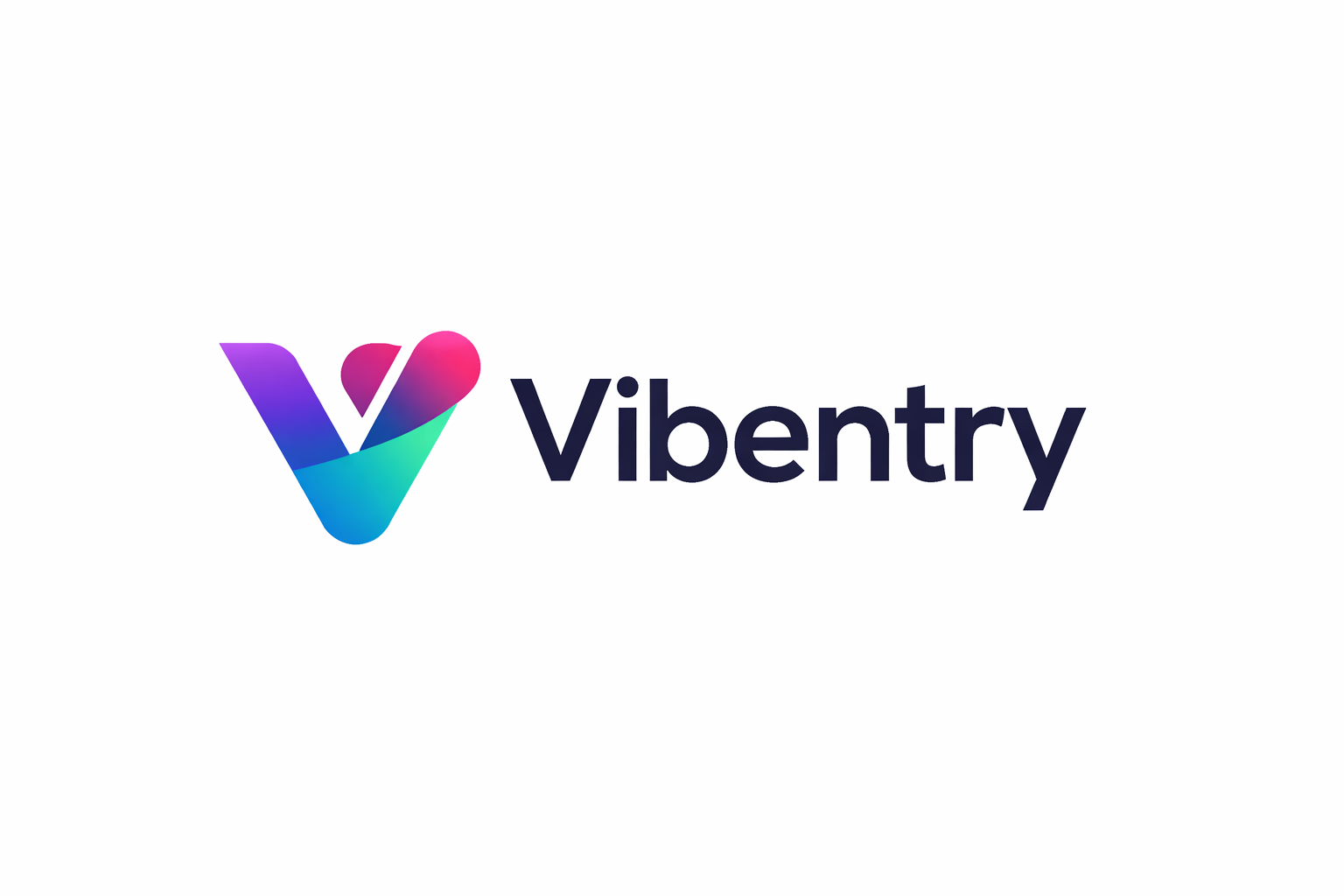
The Future of Event Management: How Advanced Ticketing Software Drives Hybrid and Virtual Experiences
The Future of Event Management: How Advanced Ticketing Software Drives Hybrid and Virtual Experiences
In the last few years, the live events industry has undergone a seismic shift. What was once a world dominated by in-person gatherings—think sold-out music festivals, packed conference halls, and bustling trade shows—has evolved into an ecosystem where hybrid and virtual formats are firmly entrenched. The pandemic fast-tracked a digital transformation that would’ve otherwise taken a decade, compelling event organizers, exhibitors, and attendees to embrace technology at unprecedented rates.
As we find ourselves in an era of possibility, advanced ticketing software has emerged as a cornerstone technology. Much more than a simple point-of-sale tool, today’s ticketing platforms are full-fledged strategic partners, providing data-driven insights, engagement features, and monetization options that reshape what an event can be. Whether you’re hosting an international tech conference, a local community fundraiser, or a series of concerts spread across both real-world stages and virtual venues, understanding how modern ticketing solutions support hybrid and virtual models can put you at the cutting edge of event management.
From Physical Halls to Virtual Stages
The traditional event had clear boundaries: a physical venue, a set date, and a finite number of seats. Virtual and hybrid events challenge all of these assumptions. Now, an attendee in Tokyo can effortlessly join a conference hosted in New York, without the carbon footprint of intercontinental travel. Smaller festivals can scale up by selling virtual passes that let international fans enjoy live streams, recorded sessions, and interactive forums. With these new formats, the role of ticketing software stretches far beyond printing passes or scanning barcodes at the door.
Modern ticketing platforms handle complex logistical demands:
- Multiple Ticket Tiers: Organizers can sell VIP access to the in-person portion while offering discounted virtual-only tickets. Attendees can choose the level of involvement and price point that fits their needs.
- Global Reach: Gone are the geographic constraints. Ticketing solutions can accept multiple currencies, process international payments securely, and automatically adjust for different time zones.
Integrated Streaming and Virtual Venues
It’s not enough to just sell a virtual ticket and hand over a Zoom link. Attendees today expect a curated digital environment that mirrors the energy and engagement of in-person events. The best ticketing software integrates directly with streaming platforms, enabling secure, ticket-gated access to live video content. This ensures that only paid attendees can join, protecting your revenue and providing a frictionless experience.
Some systems even support custom virtual lobbies—digital spaces where attendees can browse through sessions, chat with fellow participants, access downloadable materials, and schedule one-on-one video meetings. Imagine a virtual exhibitor hall where your sponsors set up branded virtual booths, complete with product demos and Q&A sessions. With robust ticketing integration, you can assign specific pass types that grant varying levels of access, ensuring the virtual environment is as layered and dynamic as a physical conference center.
Personalizing Attendee Experiences With Data
Data has become the lifeblood of modern event management. In the old model, once you sold a ticket, you had limited insight into who that attendee was or what they wanted. Now, advanced ticketing platforms aggregate and analyze mountains of data to help you personalize every aspect of the attendee’s journey.
For instance, by examining purchase patterns, session attendance, and even how long attendees engage with certain content, organizers can:
- Tailor Recommendations: Suggest sessions, workshops, or panels an attendee might enjoy based on their past behavior or stated interests.
- Send Targeted Follow-Ups: If data shows a segment of your audience is highly engaged with a certain topic, you can send them targeted emails promoting related future events or premium digital content.
- Optimize Scheduling: Notice that certain sessions during the virtual portion have significantly higher attendance than others? Use those insights to curate next year’s agenda and secure more compelling speakers or topics.
With every transaction and interaction tracked, event organizers no longer have to guess what attendees want. Instead, they use real-time analytics to refine the event experience continuously.
Monetizing the Hybrid Model
Combining virtual and in-person components isn’t just about accessibility; it’s also a financial opportunity. By embracing a hybrid approach, you can significantly expand your revenue streams. Consider these monetization strategies made possible through advanced ticketing software:
- Tiered Ticketing: Offer everything from a basic virtual pass at a lower price point to an all-access hybrid pass that includes VIP seating, exclusive networking events, and recorded sessions on-demand.
- On-Demand Content Libraries: Record your sessions and package them as premium, on-demand content post-event. Attendees who missed a session can pay to access it later, and those who didn’t attend at all can still purchase valuable content months after the event.
- Sponsored Virtual Lounges: Create branded, private digital spaces where sponsors can interact with attendees in a meaningful way—through product demos, giveaways, or educational sessions. With robust ticketing integrations, you can ensure only certain ticket holders gain access, adding value to premium passes.
The hybrid model opens up year-round revenue opportunities, turning what was once a single point-in-time event into an ongoing content and engagement ecosystem.
Streamlining Access and Enhancing Security
No one wants to fumble with physical tickets, email attachments, or confusing registration codes. Today’s ticketing software handles all of that seamlessly. With digital passes stored in an attendee’s mobile wallet, scanning a QR code or tapping an RFID wristband at the venue entrance is effortless.
For virtual attendees, secure token-based access ensures that only legitimate ticket holders can enter your digital venue. This level of security is critical in a world where fake links or unauthorized access can erode trust and tarnish your brand reputation. Some advanced ticketing systems even employ blockchain technology or dynamic barcodes to combat fraud and ensure genuine, authenticated entry.
Facilitating Global Networking
One of the biggest challenges of virtual events has been replicating the “hallway conversations” and serendipitous encounters that make in-person gatherings so special. Advanced ticketing tools help here as well. By integrating with attendee matchmaking platforms, forums, and chat systems, these solutions create opportunities for meaningful interaction.
For example, when someone purchases a ticket, they can be invited to complete a short interest form. The event software uses this data to suggest personalized networking matches, virtual roundtables, or breakout sessions relevant to their background. Attendees can schedule one-on-one video meetings through the platform, making it easy for them to connect even if they’re participating from different continents.
Building a Legacy of Continuous Improvement
The real magic of modern ticketing software reveals itself once the event is over. With a flood of data available, you can measure key performance indicators—total registrations, session attendance, conversion rates from marketing emails, engagement metrics for virtual booths, and more. These insights allow you to understand what worked, what didn’t, and how you can improve next time.
Imagine discovering that your virtual sessions had far lower dropout rates than in-person presentations, or that certain speaker topics generated a surge in last-minute ticket purchases. Over time, patterns emerge, guiding you in selecting better speakers, optimizing your pricing strategy, and curating the mix of digital and physical elements. The ticketing platform becomes a feedback loop that continuously improves your events, strengthening brand reputation, attendee satisfaction, and sponsor value year after year.
Embracing the New Normal of Events
The future of event management is hybrid. It’s flexible, global, data-driven, and deeply interactive. Advanced ticketing software isn’t a sideshow in this new world—it’s the main stage. By seamlessly integrating the sale, delivery, engagement, and analysis of attendee experiences, these platforms empower you to think beyond geographical borders and linear timelines.
As you plan your upcoming events, consider that the tools you choose today will shape your tomorrow. By investing in advanced ticketing systems, you’re not just meeting current expectations; you’re positioning your brand to thrive in an era where audiences demand richer, more personalized, and more accessible event experiences. Embrace the technology that turns challenges into opportunities, and watch as your hybrid and virtual events flourish like never before.
